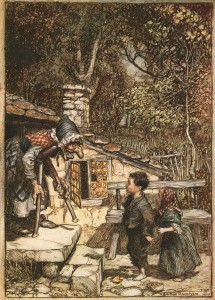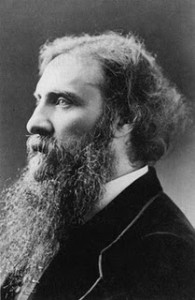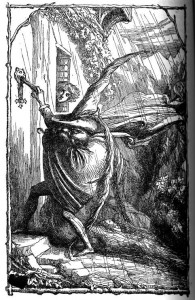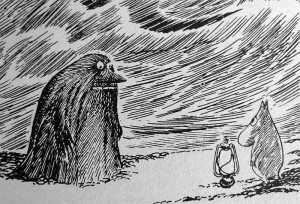Grimm Fairy Tales
Sunday, November 3rd, 2019Everything in the tales appears to happen by chance – and this has the strange effect of making it appear that nothing happens by chance, that everything is fated. – A. S. Byatt
One of the appeals of the 200 year old tales of the Brothers’ Grimm is how random events seem connected (read Byatt’s essay here). They are stories of generic princesses, simpletons, brothers and sisters who meet with good or bad ‘luck’ on their quest, yet are bound by the rules of the fairy tale world – life has a kind of guided randomness, but usually with a happy ending. Perhaps this is the way children see the world: capricious, a little scary, but ultimately, a hopeful place.

When I was a child I loved how the Grimm’s characters met the forces of their fickle world with kindness and cunning. I’d lay in bed and delight in Danny Kaye’s reading of Clever Gretel on Sunday morning radio. The illustration above is by the great Arthur Rackham (see more on Brain Pickings).
Fairy tales are more than true; not because they tell us that dragons exist, but because they tell us dragons can be beaten.– G.K. Chesterton


